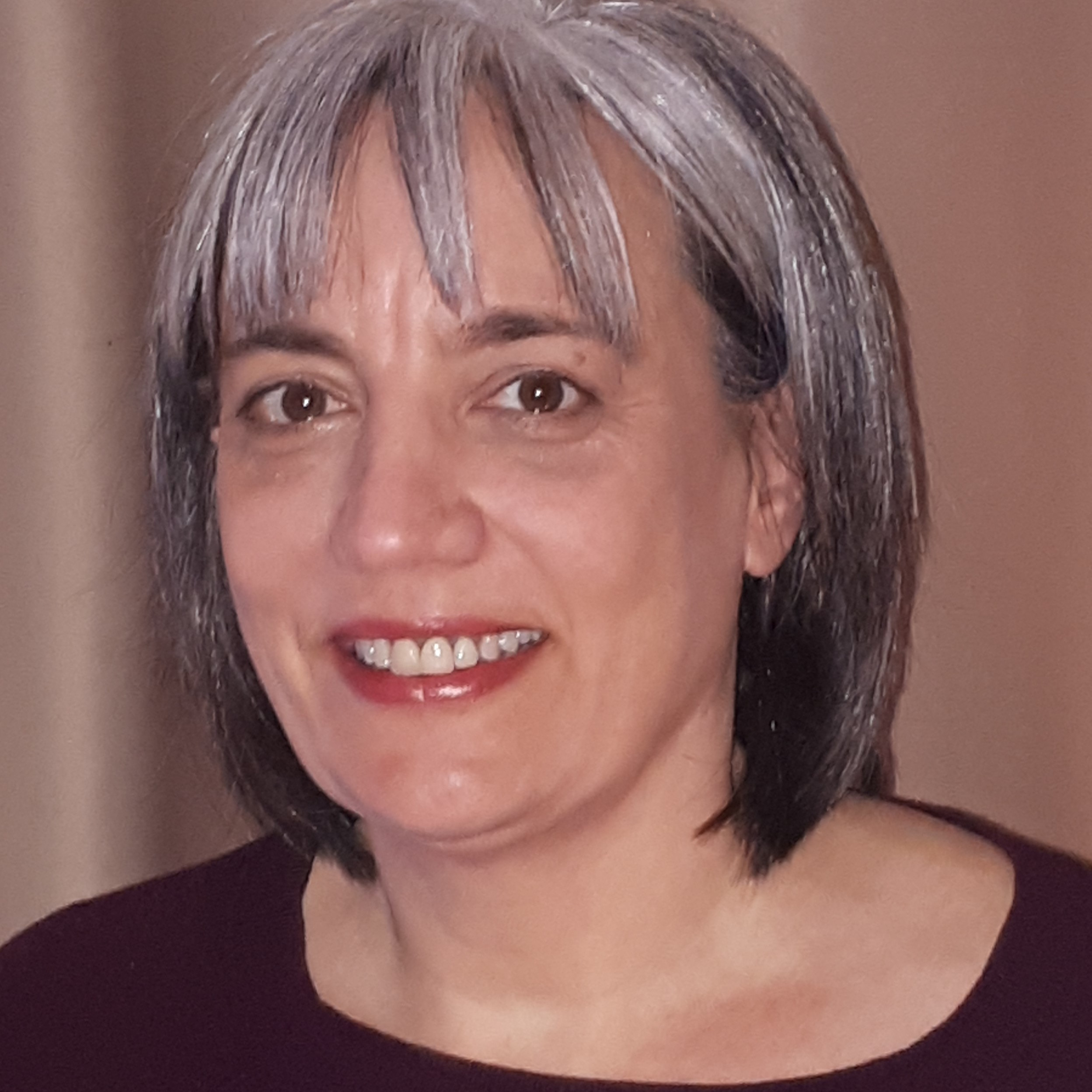Stepping into the Spotlight
 Marcy Antonio is a PhD Candidate at the University of Victoria, completing an interdisciplinary degree that pulls from Health Informatics, Nursing and Public Health with a focus on health equity and digital technologies, and is co-lead of InfoCentral's Sex and Gender working group. Marcy is coordinating a Canadian Institutes of Health Research (CIHR) planning project within the working group that is focused on modernizing sex and gender information practices within electronic health record systems. The research team is co-led by Drs. Francis Lau and Nathan Lachowsky, and include Drs. Aaron Devor, Andrew Pinto, Kiffer Card and Marcy as co-investigators.
Marcy Antonio is a PhD Candidate at the University of Victoria, completing an interdisciplinary degree that pulls from Health Informatics, Nursing and Public Health with a focus on health equity and digital technologies, and is co-lead of InfoCentral's Sex and Gender working group. Marcy is coordinating a Canadian Institutes of Health Research (CIHR) planning project within the working group that is focused on modernizing sex and gender information practices within electronic health record systems. The research team is co-led by Drs. Francis Lau and Nathan Lachowsky, and include Drs. Aaron Devor, Andrew Pinto, Kiffer Card and Marcy as co-investigators.
Prior to returning to graduate school, Marcy’s career involved working in the private sector providing assistive technologies to support people in staying connected and independent within their community. It was the unique combination of social policy and health informatics during her Master in Public Health that gave her the spark to pursue her doctoral studies. Now in the final stage of her dissertation, Marcy’s mixed-methods research explores the role digital technologies can play in supporting social connectedness for people living with chronic obstructive pulmonary disease (COPD).
Community experiences serve as the foundation for my research in questioning whether our strategies within digital health are reaching the populations who could benefit most – or widening the divide.
Infoway connected with Marcy about her role in the Sex and Gender Working Group to advance and catalyze implementation efforts in striving for sex and gender equitable information practices within EHRs.
Why do you believe in digital health?
It was during my work in the community that I first witnessed how digital technologies could improve health outcomes for people who were isolated from their community. However, I also saw the intervention-generated inequities that could be introduced when the needs and perspectives of underserved communities were not represented. These community experiences serve as the foundation for my research in questioning whether our strategies within digital health are reaching the populations who could benefit most – or widening the divide.
What are the Sex and Gender working group goals? Why are they important to you?
A recent House of Commons Report on the Health of LGBTQIA2+ Communities in Canada best sums up the need to modernize sex and gender information practices: “… the LGBTQIA2+ communities in Canada experience numerous health inequities … data collection [should] be improved in order to obtain a more complete picture of the health of gender and sexual minorities in Canada.” [24, p2].
Through monthly consultation sessions, our goal for the next six months is to gain perspectives from multiple groups within community, policy, research, practice and implementation who are involved in modernizing sex and gender information with EHRs.
How do members of the Sex and Gender working group participate and make a difference to digital health in Canada?
There are four ways you can become involved:
- Attend the Infoway Sex and Gender Working Group meetings on the second Tuesday of every month to learn about current initiatives on sex and gender information practices in EHRs;
- Participate in Consultation Sessions for CIHR planning grants that occur on the fourth Tuesday of every month;
- Provide feedback on three documents we are developing in relation to our research project: an environmental scan, rapid review and ontology paper;
- Become involved in the development of our guidance document and funding proposal.
What are the long-term goals of the Sex and Gender working group
Our long-term goals are to advance and catalyze implementation efforts in striving for sex and gender equitable information practices within EHRs.
What are the 2020-21 goals for your group?
Our goals by the end of our planning project are to have the following developed:
- A guidance document that includes expanded definitions, policies and processes for the collection, sharing and use of sex-gender information,
- A grant proposal for a multi-site implementation science research study co-developed with interested stakeholders to study the implementation process for this strategy; and
- The formation of an interdisciplinary and multi-sectoral team to take on this proposed work with stakeholders from different jurisdictions, organizations, communities, disciplines and sectors.
Tell us a fun fact about you
Although I have been practicing yoga for 11 years, my two miniature schnauzers continue to do a much better downward dog than me.
Get involved!
The Sex and Gender Working Group meets on the second Tuesday of the month. Join the community to get involved and receive email notifications of all forum posts.
Do you have an idea or question that you want to share with this diverse range of professionals? Post it in the Sex and Gender Working Group forum and get the conversation started.
Connect with Marcy Antonio on InfoCentral or LinkedIn.

